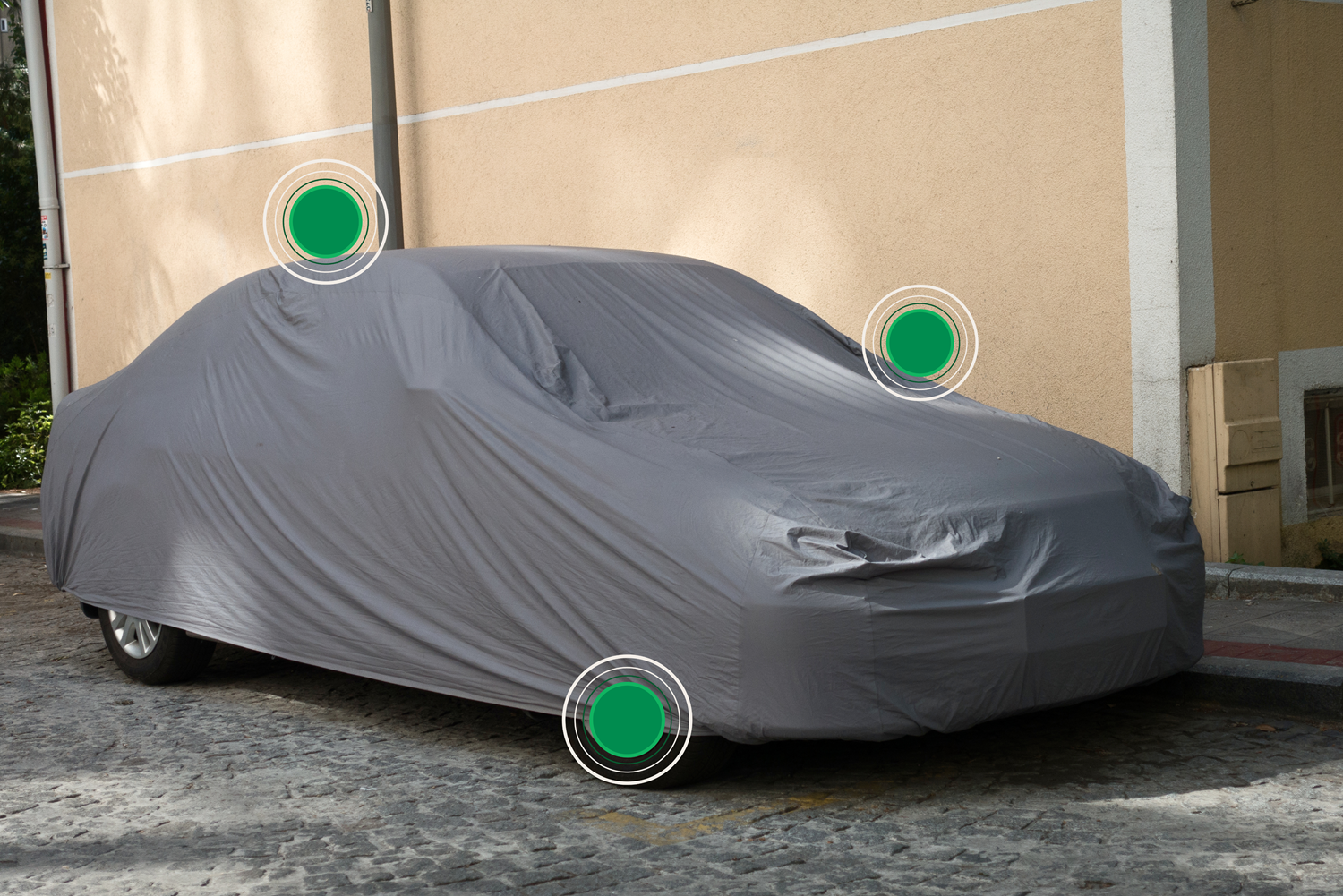
Preparing your car for long-term storage: dos and don'ts
Do you have an extended trip ahead of you and are wondering how to properly store your vehicle while you're away? Preparing your car for long-term storage is a crucial step to ensure it remains in optimal condition during its period of inactivity. Properly storing your vehicle can prevent a multitude of issues that can occur due to neglect, such as rust, fluid degradation, and pest infestations. By following a detailed checklist of dos and don'ts, you can protect your car's mechanical and aesthetic integrity. After storage, it's equally important to conduct thorough checks and maintenance before hitting the road again. For an added layer of assurance, schedule a DEKRA Technical Inspection to identify any potential issues and guarantee your car's performance.
THINGS TO DO when preparing your car for long-term storage
1. Clean the Car Thoroughly
Wash and wax the exterior, vacuum and clean the interior, and remove any food or trash that could draw pests.
2. Perform Necessary Maintenance
Change the oil and air filter, and check that all the fluids have been topped up (coolant, brake fluid, windshield washer fluid).
3. Fill the Fuel Tank
Add a fuel stabiliser to prevent gas from breaking down and causing damage to the fuel system.
4. Protect the Battery
Disconnect the battery or use a trickle charger to keep it charged. You can also clean the battery terminal and apply an appropriate substance to help prevent corrosion.
5. Inflate Tyres
Inflate tyres to the recommended pressure to prevent flat spots and consider using tyre jacks or blocks to lift the car off the ground.
6. Use a Car Cover
Use a breathable car cover to protect the car from dust and debris. Ensure the cover is suitable for the storage environment (indoor/outdoor)
7. Seal Openings
Seal any openings (exhaust pipe, air intake) with steel wool or cloth to prevent pests from entering.
8. Use a Desiccant
Place desiccant packs/moisture absorbers inside the car to absorb moisture and prevent mould and mildew.
9. Park in a Suitable Location
Choose a dry, clean, and secure location for storage and check that it has good ventilation to prevent moisture buildup.

Photo credit: Erik Mclean on Unsplash
THINGS NOT TO DO when preparing your car for long-term storage
1. Don't Leave Personal Items
Avoid leaving any personal belongings in the car to prevent theft and clutter.
2. Don't Skip Maintenance Checks
Don't neglect routine maintenance as it can lead to bigger issues when you take the car out of storage.
3. Don't Use the Parking Brake
Avoid engaging the parking brake as it can become stuck or seize over time. Use wheel chocks instead.
4. Don't Store on a Dirt Surface
Avoid parking on grass or dirt as it can lead to moisture buildup and rust. Use a concrete or paved surface.
5. Don't Forget to Check the Insurance
Find out if your car insurance covers long-term storage and potential damages during this period.
6. Don't Leave Windows Open
Even if it's just to improve ventilation, don't leave windows slightly open since it can invite pests and dust.
7. Don't Overlook Security Measures
Don't ignore security. Make sure the car is stored in a secure location with locks or surveillance if possible.
What to Do When Taking Your Car Out of Long-Term Storage
1. Conduct a Visual Inspection
Look for any signs of pests, such as nests or dropping, and inspect the car for any visible damage or leaks.
2. Remove Covers and Sealants
If you gave your vehicle a car cover of some kind, remove it and any other materials you used to seal openings like the exhaust pipe and air intake.
3. Check Fluid Levels
Check that the oil, coolant, brake fluid, and power steering fluid are all at the correct levels and top them off where necessary.
4. Inspect the Battery
If the car's battery was disconnected, reconnect it, but if you opted for a trickle charger, remove it. You can now check the battery for corrosion and clear the terminals if needed. If you have the right equipment, consider testing the battery's charge or replacing it if it's not holding a charge.
5. Do a Tyre Inspection
Ensure all tyres are inflated to the recommended pressure and inspect all tyres for flat spots or signs of damage.
6. Conduct a Fuel System Check
Check the fuel system for any leaks and make a note to have it fixed immediately. If your car has been stored for a very long time, consider draining the old fuel and refilling it with fresh fuel.
7. Inspect Belts and Hoses
Inspect all belts and hoses for any signs of cracks, wear, or brittleness. If necessary, replace any components that look worn out.
8. Do a Brake Check
Test the brakes by pressing the pedal; it should feel firm, not spongy. You can also inspect the brake pads and rotors for any signs of wear or rust.
9. Electrical Systems Check
Ensure all the lights, signals, and electrical components are functioning properly.
10. Engine Start-Up
Turn the key to start the car and wait a few seconds to let the fuel pump pressurise. Once you've started the engine, let it idle for a few minutes to allow the fluids to circulate. Following this, you can pay attention to any unusual sounds that could indicate a problem.
11. Go on a Short Test Drive
Take your car for a short test drive but stay close to home in case something goes wrong. Monitor its performance and be alert for any unusual behaviour.

Photo credit: Art Markiv on Unsplash
12. Get A DEKRA Technical Inspection
After you've done all of the above, the next and most important step is to take your vehicle for a DEKRA Technical Inspection. This inspection offers a comprehensive, in-depth assessment of your vehicle's technical and mechanical status. It is performed by our highly experienced technicians to identify potential issues and ensure the optimal performance of your car.
When you prepare your car for long-term storage, it's important to think about what comes after the storage period is over. A Technical Inspection is the best way to check that your vehicle didn't suffer any damages while you were unable to drive it, and it will also tell you if anything else needs attention.
Preparing your car for long-term storage will ensure that your vehicle remains in top condition during its downtime. By adhering to the dos and don'ts we've mentioned above, you can avoid common pitfalls and preserve the integrity of your car. Remember, once the storage period ends, conducting thorough inspections and maintenance checks is essential before resuming regular use. For ultimate peace of mind, schedule a DEKRA Technical Inspection to identify any potential issues and confirm that your vehicle is ready for the road. Our comprehensive inspection is conducted by experienced technicians and it will help ensure your car's optimal performance and longevity.
Read Related Articles
- Understanding Your Car Dashboard: A Guide to Warning Lights and Indicators
- New Year Car Cleaning Checklist
- Beat the Summer Rain: Ensure Your WIndscreen Wipers are Ready